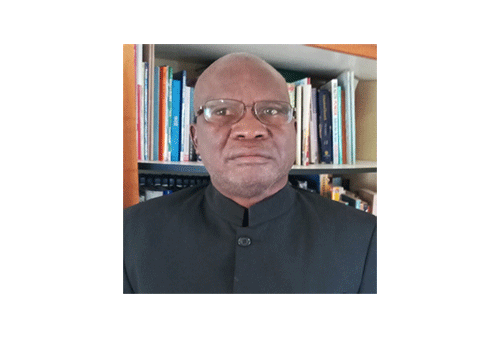Aristotle (384-322 BC), an ancient Greek philosopher, believed in the positive contribution of the State as an institution in ensuring the happiness of its citiens. Along these lines, education should serve and improve mankind and its quality determines societal education. After realising that colonial education was not serving the interests of the people, the affected masses took it upon themselves in acquiring quality education.
The Namibian people were confident that after attaining nationhood and self-determination, everything in terms of quality education and life will automatically fall into place. This has not been the case for many Namibians as the much anticipated and envisaged fruits of quality education have become elusive.
In some cases, education has become irrelevant in terms of job acquisition as many graduates at both primary and tertiary are wallowing in poverty. Still, young people find it aimless in staying in school for years, only to find nothing on the job market at the end of their schooling. Although the Gove rnment has made education available and constitutional at certain levels, it is the lack of fruition, which is beating the education system.
This beats the belief that emphasises that the State should ensure the happiness of the people. It is true that where people are not employed, happiness becomes a rare commodity. If the unemployment rate is pegged at more than 40%, then the authorities should have nightmares and should find means and ways of addressing the situation. Of course, government cannot be the sole employer of all the young people in the country, but it should set the tone conducive to the employment environment.
This brings us to the assertion that the purpose of education is to serve and improve humankind. When it dawned among the masses that colonial education was not delivering as expected, a need to reform it arose. For more than thirty years now, government has been trying to deliver quality education without success due to many hurdles in the educational path. Some of the educational hurdles are self-inflicted emanating from poor planning and misplaced priorities.
Since independence, the education system exchanged hands from Cambridge to Advanced Subsidiary, but the fruits of change are few as the majority of the learners fail to make it to university and other institutions of higher learning.
Some of the challenges are ill-equipped teaching staff members and a lack of educational and infrastructural resources. In some schools, learners share few textbooks and, in many cases, only the teacher has the right to one textbook. If Government puts money to good use, all learners in this country could have access to textbooks, which should be a basic component in any education system.
The issue of Government not having money for educational purposes should be a thing of the past after thirty-two years of educational freedom. In fact, what Namibians voted for in 1989 was to better the education system and their lives. If these interests are not taken seriously, then the masses’ aspirations are betrayed.
Needless to say, if an education system fails to deliver on its promises, then it becomes irrelevant and cannot serve humankind as expected. One may argue that milestones have been made in the education system since the dawn of independence, as schools and other educational infrastructure have been built. But the unemployment rate is not slowing down, as many youths remain unemployed and are desperate and lose hope in the system as their future is at stake.
After what the education system went through, and cons i d e r i ng it s current status, one cannot mistake the type of education system the nation is currently possessing and offering. The type of education the country is enjoying now epitomises the outlook of our society.
It is an education system, which is theoretical and hence fails to steer young people into vocational and technical jobs, which should finally place them into self-reliant opportunities. It is an education system with limited possibilities because the curriculum is limited in many schools.
Subjects like Mathematics, Physics and Chemistry are still not taught in many schools because of a shortage of qualified teachers in those areas. Vocational and technical subjects at those levels are equally not accorded any academic importance that they deserve.
The current formal, more academic curriculum, which encourages diploma disease type of education should be done away with. In its place, educators should strive to implement a curriculum, which is more vocational and self-reliant. Like in the education for self-reliance by Julius Nyerere (1967), education must inculcate and reinforce the traditional African socialist values of equality, cooperativeness and self-reliance.
It must foster the social goals of living together as communities and lastly as a nation. It should involve the young ones in developing their societies. In addition, education should be problem-solving orientated to cater for all levels: At both formal schooling setups and in the community, what is taught should assist children and other stakeholders to solve everyday problems.
For example, at both primary and secondary levels, learners should be taught basic carpentry skills. If a desk is broken, learners should be able to repair it.
Where the school is in short supply of vegetables, learners should do some basic gardening and grow vegetables to feed themselves and at the same time, earn some income. Educational authorities should consider revisiting the current education system and reforming it.


